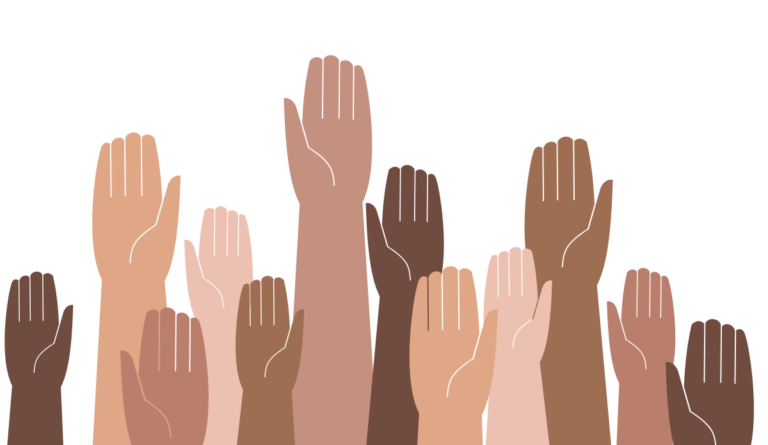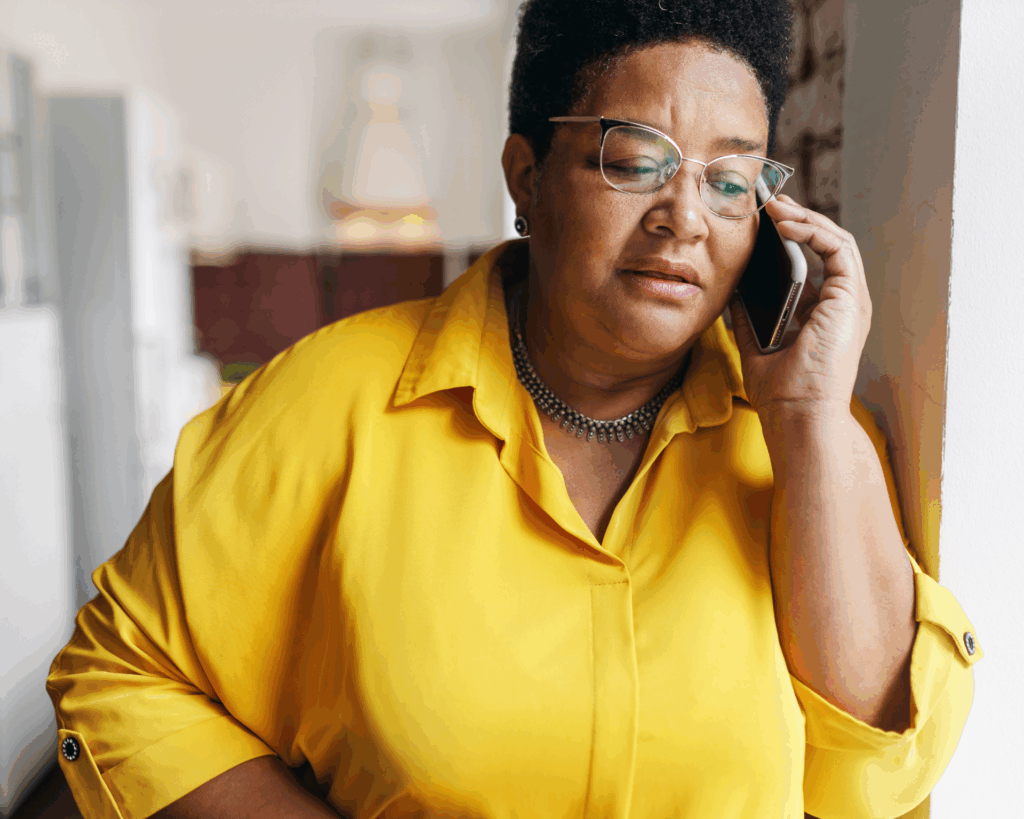Sailing Impossible Seas
Incorporating stress appraisal into health disparities research demonstrates the distinctiveness of the stress experiences for Black elders.

Read Time: 4 minutes
Published:
The disparities in Covid-19 deaths and the ongoing killing of Black people by the police like Breonna Taylor and George Floyd are two major chronic stressors that shine a light on lifetime differences in chronic stress that Black people face. This disproportionate exposure to stress and adversity extends well into older adulthood for Black people. Black elders are two times as likely to report exposure to housing and financial insecurity and are also more likely to report having health problems, problems in a close relationship, and caregiving responsibilities than white elders.
The persistent and unrelenting nature of chronic stressors in older adulthood like ongoing housing insecurity, in comparison to short term acute stressors like getting a divorce or losing a job, often come with grave mental and physical health consequences for older adults who may not have the resources to cope with these strains. Financial and housing strain may be particularly pertinent types of stressors for the mental health of Black elders, many of whom live on fixed incomes that are often inadequate for providing economic and housing stability.
What is interesting though is that Black Americans are also generally known to report lower rates of depressive and anxiety disorders relative to whites — a phenomena known as the Black-white mental health paradox. This is true despite Black Americans reporting more exposure to discrimination, chronic stress, worse physical health, and generally lower levels of education, income, and wealth. It may be that the Black-white paradox in mental health is an artifact of measurement error, implying that the way we measure anxiety and depression does not effectively capture those disorders, especially for Black Americans. While there isn’t enough empirical evidence to suggest that measurement error is the only culprit, psychopathology and diagnoses of psychiatric disorders have a long history of being centered and steeped in whiteness.
Still, the Black-white mental health paradox escapes easy explanation. So the assumption remains: white Americans should have better mental health than Black Americans based on differences in discrimination, stress exposure, physical health, education, income, and wealth. Yet the Black-white mental health paradox is a key empirical finding suggesting that factors other than stress exposure contribute to race differences in psychological wellbeing.
Our new findings suggest that Black elders, who report more stress exposure than white elders, appraise chronic stress exposure as less upsetting, suggesting they respond to stress differently, adapting to differential historical and current lived experiences.
Our new findings suggest that Black elders, who report more stress exposure than white elders, appraise chronic stress exposure as less upsetting, suggesting they respond to stress differently, adapting to differential historical and current lived experiences. Stress appraisal is the subjective process that an individual uses to evaluate and cope with a stressful event. Stress appraisal is focused on a persons’ mental assessment or perception of the stressor, rather than with the stressor itself. People differ in how they understand and process stress as well as in their options for coping.
Black elders have less access to financial resources relative to white elders to cope with stress, but more access to other psychosocial resources that may leave them better able to manage their perceptions of stress. Collective racial identity, mastering a skill like playing an instrument, larger and more supportive religious and social networks are psychosocial resources that take on an added importance for Black mental health in later life.
Perhaps the African proverb is true: smooth seas do not make skillful sailors. Black elders have more stress exposure, but have also adapted ways to cope. Black elders, who have faced a lifetime of chronic adversity, like perpetual caregiving and recurrent financial strain, may be reframing their outlook on life, particularly in old age. This reframing or contextualizing stress exposure can manifest as lower rates of anxiety and depressive symptomology.
Incorporating stress appraisal into health disparities research demonstrates the distinctiveness of the stress experiences for Black elders. It is essential that researchers center stress and stress measurement in the Black and Brown experience to capture the unique hardships and coping mechanisms these elders use to sustain mental and physical wellbeing as they age. Future work will need to explore at what point culturally based ways of coping no longer provide an effective way to deal with stress and mental health issues and become a barrier to accessing professional care.
Photo via Getty Images



